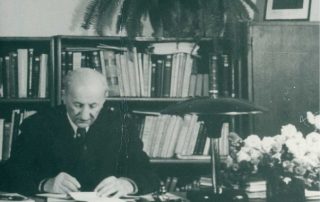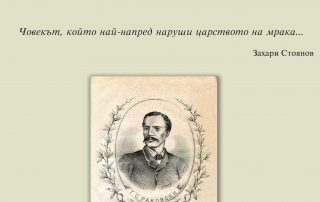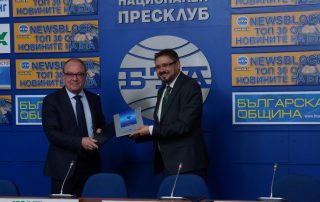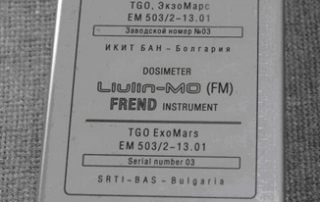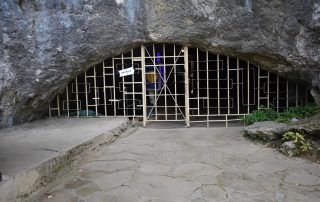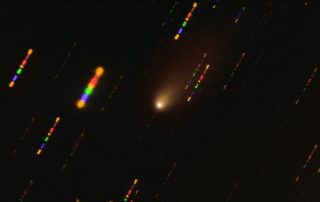140 years since the birth of Acad. Metodi Popov
A close friendship connects our great scientist with Albert Einstein April 29 marks the 140th anniversary of the birth of Acad. Metodi Popov. The great Bulgarian biologist was born in 1881 in Shumen, and his brother was the mathematician Acad. Kiril Popov. Both are individuals with broad interests in science and the arts. They were involved in classical music since childhood, playing the cello and the violin. Acad. Metodi Popov graduated in biology at Sofia University, and later specialized in biology, comparative anatomy and parasitology in Munich with the world-famous scientist Richard Hertwig. He held a PhD from the University of Munich and worked as an assistant professor of zoology and comparative anatomy. He continued his specialization in microbiology at the Robert Koch Institute in [...]


